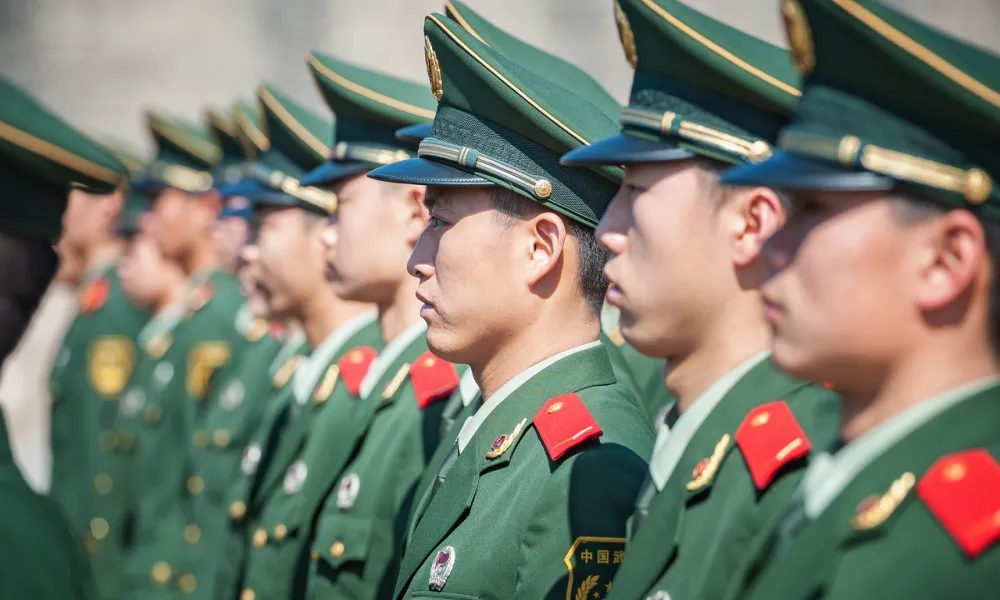Russian President Vladimir Putin and North Korean leader Kim Jong Un will stand alongside Chinese President Xi Jinping at a military parade in Beijing next week, in what Reuters describes as a rare public show of unity among the three leaders as they face mounting Western pressure.
China’s foreign ministry confirmed that 26 foreign heads of state and government will attend the September 3 “Victory Day” parade, which commemorates Japan’s surrender in World War II. No Western leaders will be present, with the sole exception of Slovak Prime Minister Robert Fico, the only EU head of government expected to take part.
The event will take place against the backdrop of China’s expanding military capabilities. Reuters notes that the parade is expected to be one of the largest in years, featuring fighter jets, missile defence systems, and hypersonic weapons. Xi is set to survey tens of thousands of troops at Tiananmen Square, accompanied by visiting dignitaries and top Chinese officials.
For Putin, this will be his first trip to China since 2024. Russia has been hit hard by Western sanctions since its invasion of Ukraine in 2022 and faces the threat of recession. Putin also remains wanted by the International Criminal Court.
Kim Jong Un’s attendance marks his first visit to China since 2019. North Korea, a formal treaty ally of Beijing, has been under United Nations sanctions since 2006 over its nuclear and ballistic missile programs. His presence underscores the deepening ties between Pyongyang and Beijing at a time of renewed confrontation with Washington, according to Reuters.
Among other leaders attending are Belarus President Aleksandr Lukashenko, Iran’s President Masoud Pezashkian, Indonesian President Prabowo Subianto, Serbia’s President Aleksandar Vucic, and South Korea’s National Assembly Speaker Woo Won-shik. The United Nations will be represented by Under-Secretary-General Li Junhua, a former senior Chinese diplomat.
The parade is expected to serve as a powerful visual message of solidarity not only between China and the so-called Global South, but also with sanctions-hit Russia and North Korea. The carefully choreographed spectacle will project defiance toward the West while highlighting Beijing’s role as a central player in an emerging bloc of powers challenging U.S. and European influence.
